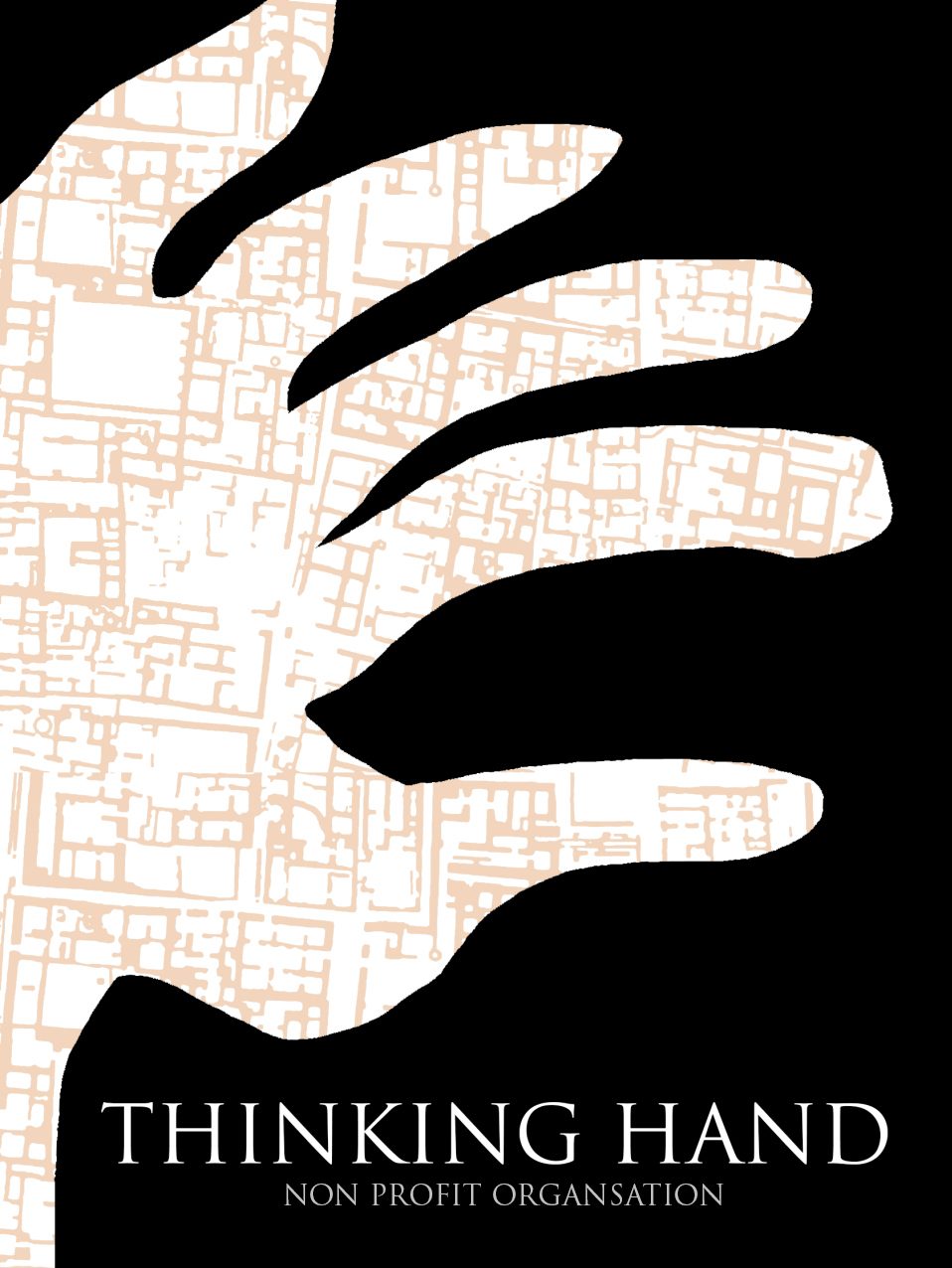Thinking Hand NGO is a platform to empower people & society through its research, design, innovation in construction & technology. By training women, children and young students to build one in one. It started in 2015 by one man Ar. Ketham Santosh Kumar (founder and principal) with few people now with a big team.
Thinking Hand NGO is associated with the idea of thinking and building simultaneously, and emphasises a hands-on and careful approach to the built environment. It is an effort to create awareness about environmental issues through design and its processes by collaborating with local communities and organisations, and building in the scale 1:1. We claim that doing such collective speculative design workshops and exchanging experiences and launching competitions to encourage original thinking, while creating exhibitions to share ideas with a wider public, can advance a new way of thinking about, and building, cities as an innovative way of dealing with crises and challenges.
Our collective participatory format aims to bring actors from various sectors, disciplines, and communities together, including students, professionals, and experts, who are rarely able to meet to discuss the issues and problems neighbourhoods and cities are facing. It addresses these through speculating, thinking, constructing, narrating, and ideating future possibilities and probable solutions which contemplate and adapt to the local culture, material, climate, context, community needs, and socio-economic realities, together. We use the term »collective« as metaphor – directly and indirectly inspired by speculative design, as a method and tool to collectively document (case studies), to collectively speculate on futures (in workshops and competitions), to collectively evaluate (in exhibitions and discussions), and to collectively reform cities (through building with community participation).

“knowledge sharing platform”
“empower people through architecture”
“building one in one (1:1) for neglected communities”
“workshop, lectures, competitions”
“people involvement”
“sustainable solutions for informal settlements”

